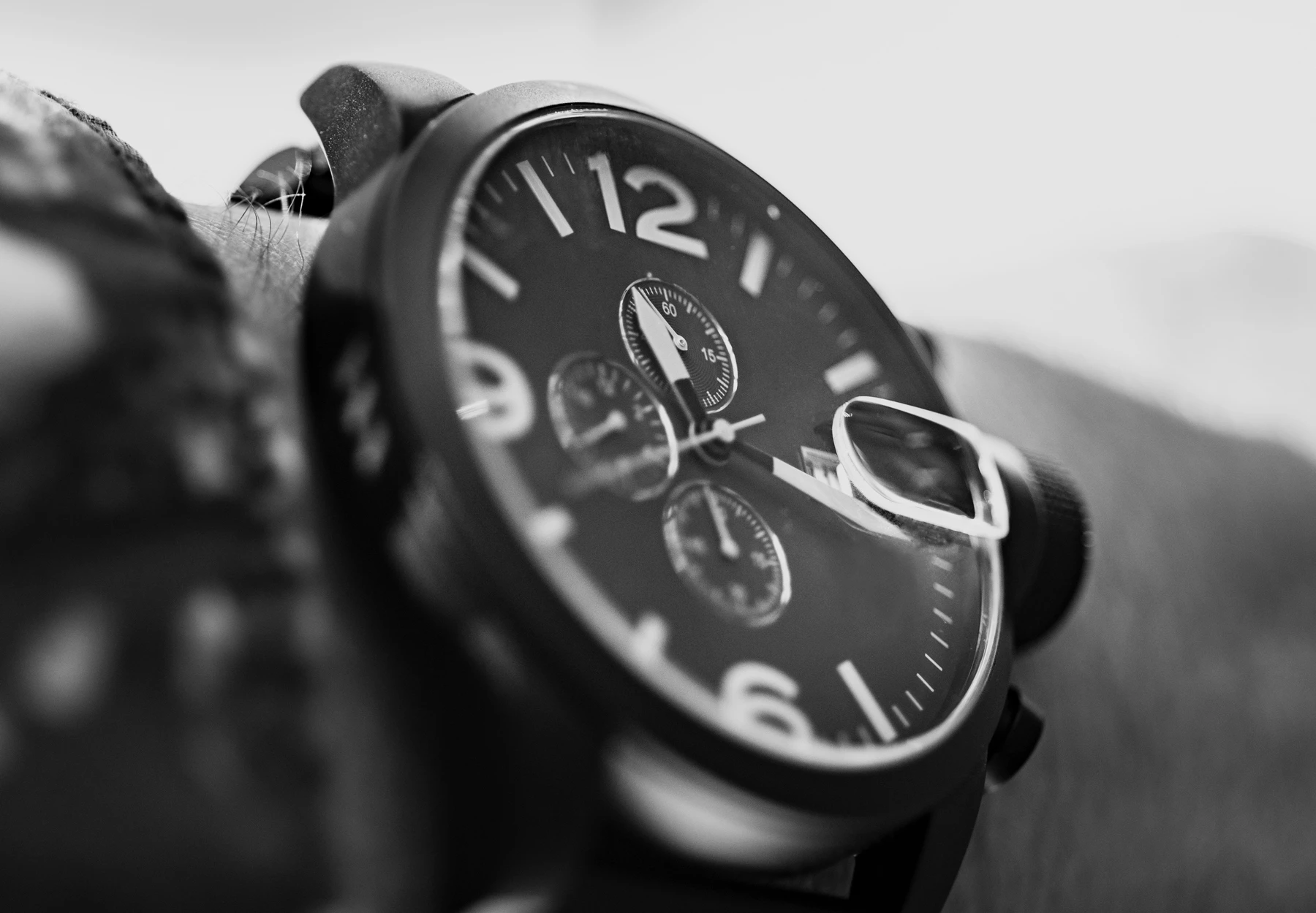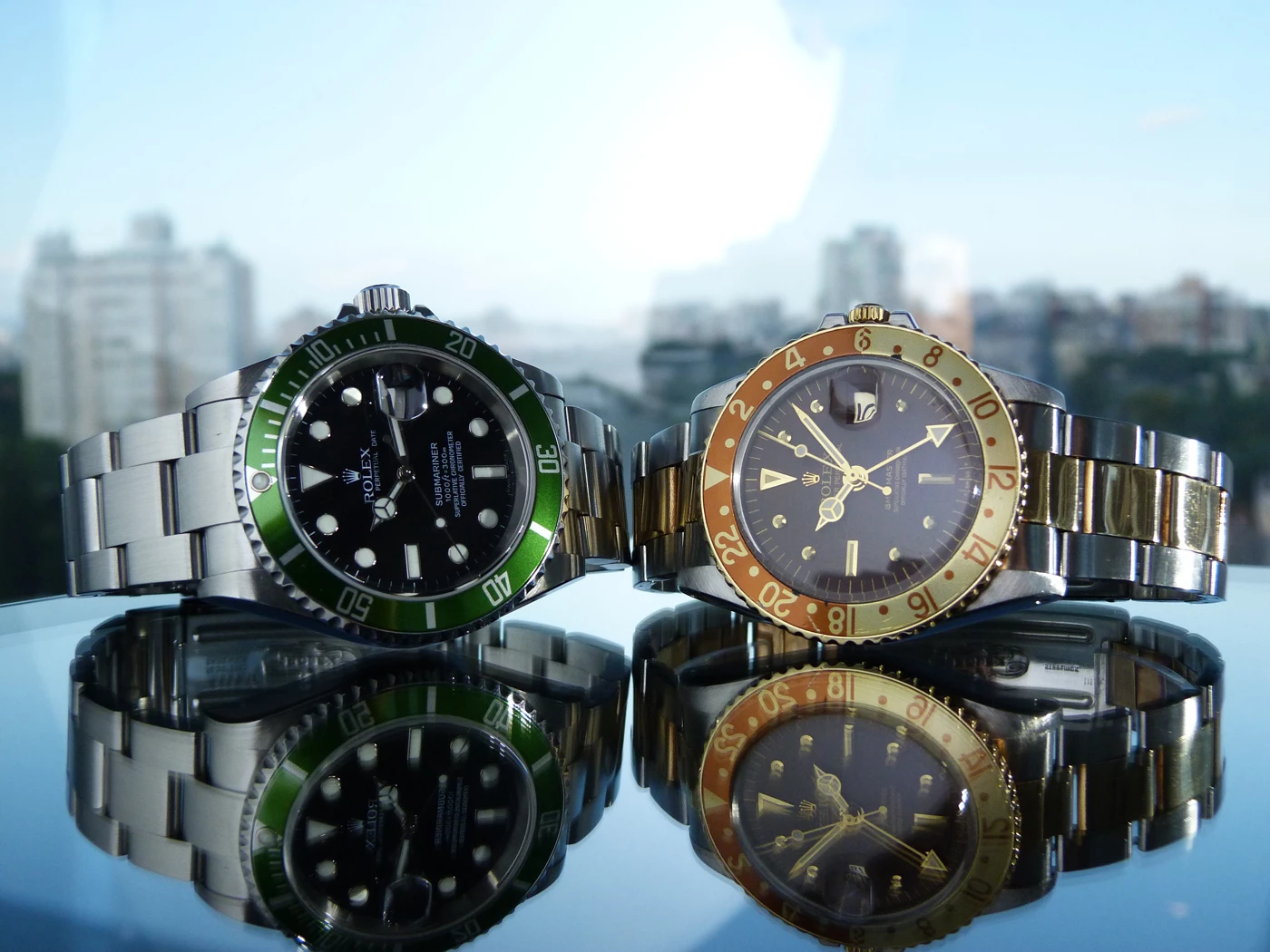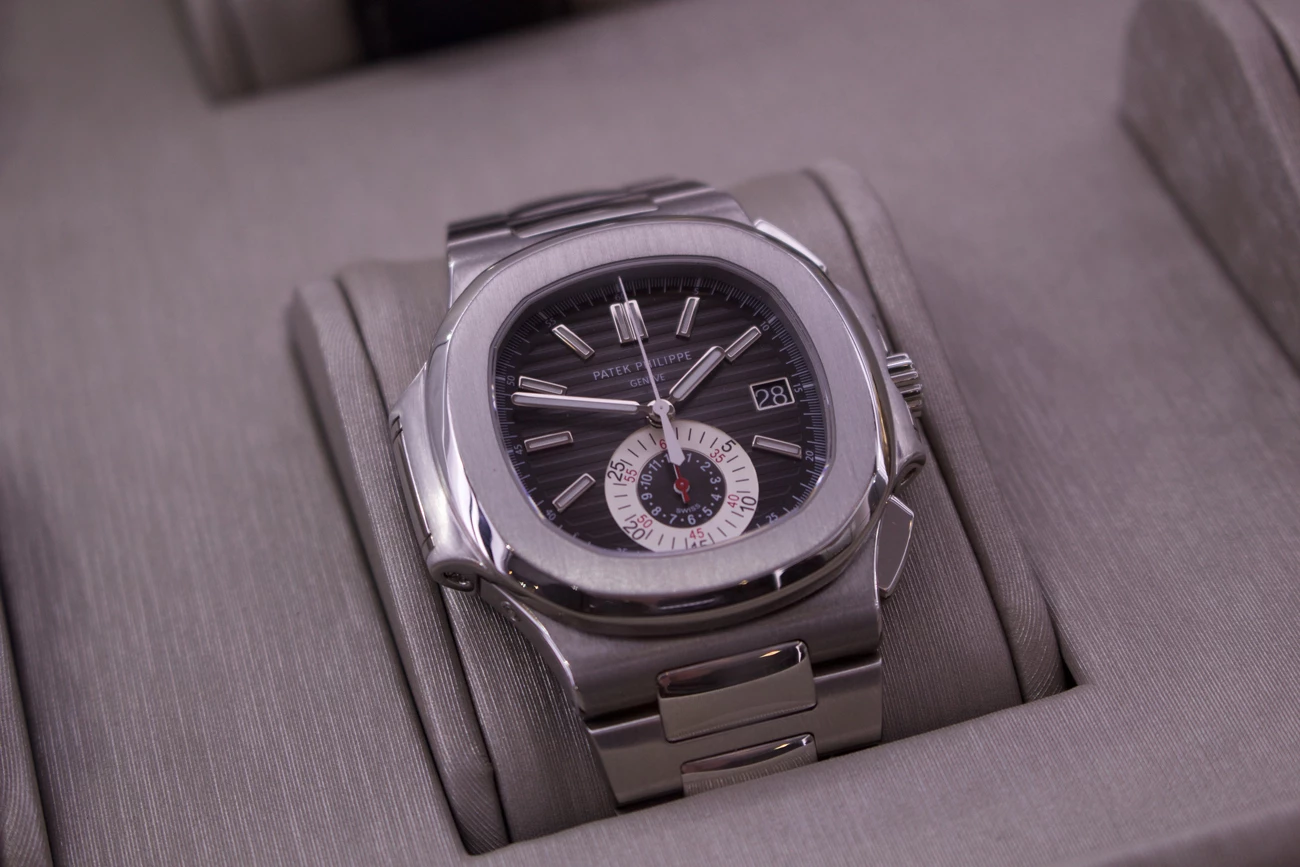17/12/2019 | Category: Home Insurance

A beautiful timepiece is a joy forever and something that can be passed down through families for generations.
Not only can watches provide the perfect finishing touch for any outfit, they also give the owner the chance to invest in something that may well increase in value over the years to come. And of course, their small size makes them somewhat easier to store than a collection of classic cars.
If you’re thinking about starting your own watch collection – of either vintage or new timepieces – you need to know what to look for in terms of brand, condition and age.
You also need to consider your high net worth home insurance. Getting an accurate valuation of your home contents – watches and jewellery included – is the first step to protecting your investments.
Insurance Choice can help. Our exclusive service means that all high net worth home insurance policies are tailored to your specific requirements.
What is a vintage watch?
One of the first things to remember is that there is no set definition of ‘vintage’ when it comes to watches. It’s generally accepted that for a watch to have ‘vintage’ status, it has to be around 25-30 years old but that’s just one of the things that makes it desirable among collectors.
Watches that are no longer in production, or that have been superseded by more recent models, can be classed as vintage.
The term vintage is also synonymous with quality workmanship and specific materials or techniques that were used in the past.
What should you look for when buying a watch?
Firstly, it’s a good idea to plump for a recognised brand name, especially if you’re making a long-term investment. Think Rolex, Omega, Breitling, Cartier and Patek Philippe – all by-words for quality, craftsmanship, elegance and precision.
Talking to GQ magazine, The Watch Club founder Danny Pizzigoni highlighted some models worth keeping an eye on.
He pointed specifically to any Rolex Daytona from the late 1960s as well as Patek as the ones to watch. “With Patek it’s worth noting the insatiable demand for all the Eighties Nautilus models – especially the 3700 – in any metal.” He also suggests brands like Heuer, IWC and Breguet are all well respected and have performed well at auction in recent years.
Secondly, if you’re not sure where to start, look for the so-called ‘tool’ watches – timepieces made with divers, pilots and the military in mind. Or maybe watches with a regal or famous connection – for example, fictional spy James Bond has worn the Omega Seamaster in every feature film since 1995.
Also, look at how many owners a watch has had. Timepieces that have never been worn with just one owner could command much higher sums than a watch that has been worn and enjoyed by several different owners.
Above all, originality is key. That doesn’t mean you should disregard watches that have been carefully looked after and serviced at regular intervals – that can be the sign of a loving owner after all.
Just make sure the model is as original as possible, comes with its original box or certificate if it still exists and shows signs of wear that are commensurate with a timepiece of that age.
How do I care for my watch collection?
Regular servicing by a professional craftsman should keep your watch in tip top condition and reduce the risk of being lost from faulty clasps and so on.
Be aware, though, that shoddy servicing or repair work can significantly affect the value of the watch so be sure to visit a specialist that is used to working on that brand or model.
You should also look to keep your watches stored securely at home, perhaps in a safe. Here at Insurance Choice, our specialists can guide you on the best way to store your investments and show you how to further protect them with high net worth home insurance.
Top tips for buying a vintage watch
Follow our top tips for would-be collectors to ensure your watch investments stay on the right track.
Condition is key
A cheaper watch in perfect condition is often better than a wreck from a well-known brand. Overall, you’re looking for an honest watch – one that is in the best possible condition for its age.
That means no restored or overly touch-up dials as a starting point. Does it look scratched or damaged? Does it have all its original parts? Is everything in good working order? If you’re not sure, enlist the help of an expert.
Know your seller
It’s imperative that you confirm the seller is genuine.
Ask for personal recommendations, check TrustPilot reviews online and read respected forums if you’re buying privately. High net worth home insurance with Insurance Choice also gives you access to high net worth experts and experienced portfolio managers used to dealing with quality contents.
Get the paperwork in order
Ask to see the original paperwork and display boxes if they exist. These can help to reinforce a watch’s provenance and can, therefore, have a bearing on the valuation.
Do your research
Thoroughly research the history of your favourite watches and get to know them inside out. Did the dial material change at a certain point in history? Swot up on every aspect so that when the time comes, you can be confident you’re looking at the genuine article.
Protecting your investments

If you’ve invested in quality watches, fine art or antiques you need to be sure you’ve got the right level of home insurance protection in place.
Insurance Choice is experienced and for those who have contents typically valued at over £100,000. It comes with a number of benefits including your own dedicated account manager who can tailor the cover specifically for your needs.
With advice on valuations, annual reviews and a swift claims service when you need us, Insurance Choice can help you find the right level of high net worth home insurance for you.
Call our experienced team today to get a quote.
